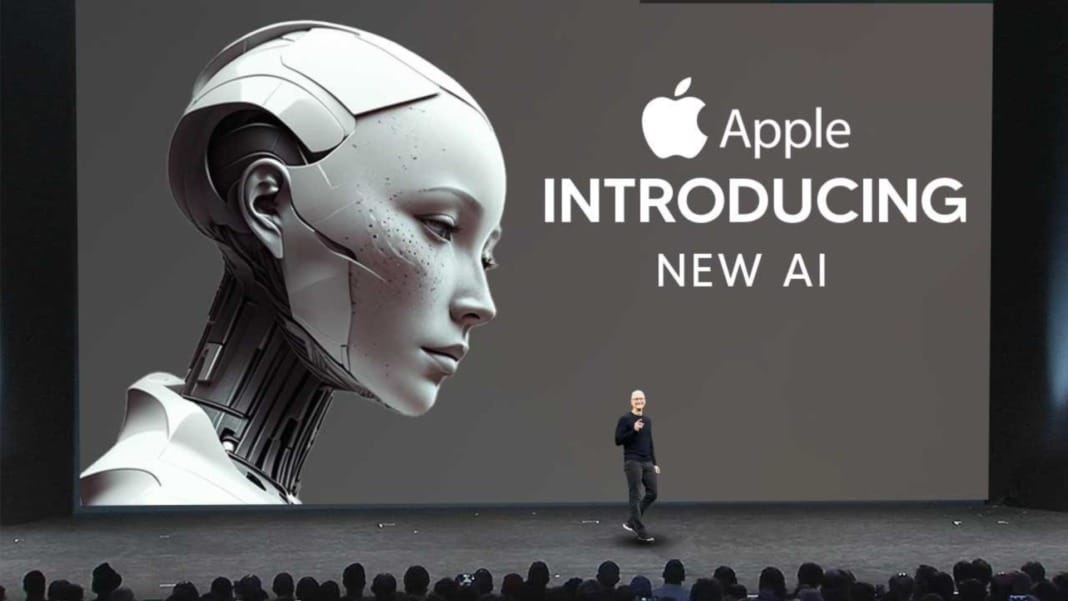Samsung has pinpointed artificial intelligence (AI) as the key factor that will propel future sales of its smartphones, stepping away from the traditional focus on hardware enhancements like camera improvements, larger displays, or quicker processors. This strategic shift, outlined in their first-quarter financial results for 2024, positions Galaxy AI features as central to their growth strategy.
During the announcement of its Q1 2024 results, Samsung highlighted that the AI functionalities integrated into the Galaxy S24 series have not only bolstered sales figures but also enjoyed high user engagement. Looking ahead to the typically slower second quarter, the company plans to extend these AI capabilities to other premium models to enhance their market appeal and maintain their competitive edge.
Samsung is committed to continuous investment in research and development, particularly in AI, to further develop and perfect the Galaxy AI experience. This initiative is expected to extend across both existing products and new entries in their lineup of foldable devices and tablets, aiming to sustain and possibly increase annual smartphone sales.
Looking further ahead, Samsung sees these AI features as a potential new source of revenue. There is speculation that post-2025, the company might begin charging for select Galaxy AI functionalities. T.M. Roh, the president of Samsung’s mobile division, hinted in a media briefing that more sophisticated, premium AI features might soon be available, but only to paying customers.
The rollout of Galaxy AI has been progressively implemented across a broader range of devices, including earlier models like the Galaxy S23 series, as well as the newer Galaxy Z Flip5, Galaxy Z Fold5, and even the Galaxy Tab S8 series. Enhancements are not just limited to smartphones; Samsung’s Bixby voice assistant is also set for an upgrade with generative AI features, though specific timelines for this update remain undisclosed.
Samsung is not alone in its focus on AI as a critical component of future smartphones. The industry at large seems poised for a shift towards integrating more advanced AI capabilities. Google, for instance, announced that its Pixel 8 Pro, released in December 2023, would be the first to incorporate its most advanced on-device AI technology, Gemini AI. Similarly, smartphone manufacturers OPPO and OnePlus have declared their intentions to adopt Gemini AI for their upcoming models. Apple has also indicated its excitement about forthcoming developments in AI, promising to reveal more about its efforts later in the year.
As AI continues to redefine the smartphone experience, Samsung’s early and focused investment in Galaxy AI could well position it as a leader in this next wave of technological innovation.





